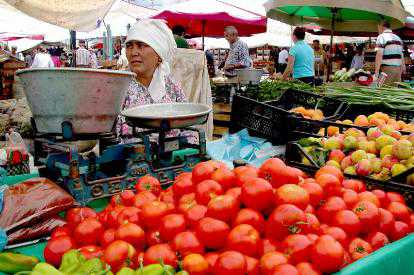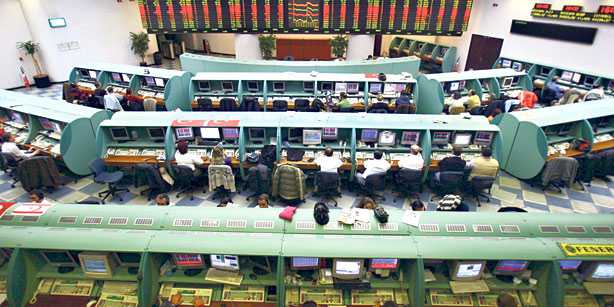ANKARA – Vatan

Turkey’s agricultural production is heavily reliant on seed imports, according to a recent report by the chamber of commerce in the capital city of Ankara. Turkey is paying the price for its low agricultural technology, the report says
Turkey’s seed import costs have reached $860 million over the last eight years, according to a recent report from the Ankara Chamber of Commerce, or ATO.
The country is “paying the cost of its low agricultural technology by importing seeds,” mainly from France, United States, Germany, the Netherlands, Germany and many other countries, the report said, adding that Turkish agricultural production was dependent on these imports.
Turkey imports tomatoes seeds from France, cucumber, gherkin and watermelon seeds from the United States and cabbage seeds from Germany, the chamber’s report said.
According to data from the Agriculture and Rural Affairs Ministry, Turkey produced 385,000 tons of seeds last year, 290,000 tons in 2008 and 324,000 tons in 2007.
Insufficient production
Although wheat ranked first on the ministry’s seeds production list at nearly 227,800 tons last year, Turkey’s annual wheat seed demand remains approximately 600,000 tons, the report said, thus meaning Turkish production has only been able to meet 40 percent of current demand.
The ministry also said Turkey produced 36,000 tons of barley seeds, 29,000 hybrid corn seeds, 58,800 tons of potato seeds, 10,800 tons of cotton seeds, 9,300 hybrid sunflower seeds, 5,000 tons of rice seeds, and 2,700 tons of vegetable seeds in 2009.
Top seed import: tomatoes
The Turkish seed market posted a total value of $650 million last year with total imports worth roughly $158 million, according to official data.
Turkey recorded total exports of $339 million between 2002 and 2008, but the total import of seeds reached $860 million over the same period, the report said.
Moreover, Turkish seed imports reached $158 million while exports remained at $70.7 million last year, the report said, adding that tomatoes led the way on the imports list.
Accounting for nearly 40 percent of total vegetable production in Turkey, tomato cultivation in the country heavily relies on foreign seeds.
Turkey ultimately produced nearly 10.7 million tons of tomatoes last year, the report said, adding that most of the seed demand was met by importing nearly 4.7 tons of tomatoes seeds, mainly from France.
Cucumbers and gherkins, meanwhile, were second on the report’s list. Turkey grew nearly 1.74 million tons of cucumbers last year and produced 8.98 tons of cucumber seeds. In the same year, the country imported nearly 37.2 tons of cucumber or gherkin seeds, mainly from United States.
Despite the heavy reliance on imports, ATO noted that there had been promising developments in the production of local seeds, such as those of green peppers. According to the ministry, nearly 80 percent of green pepper production is conducted with Turkish pepper seeds.
Turkey imported 1.83 million tons of green pepper seeds and exported nearly 11.8 tons of green pepper seeds in 2009, according to the ministry.





